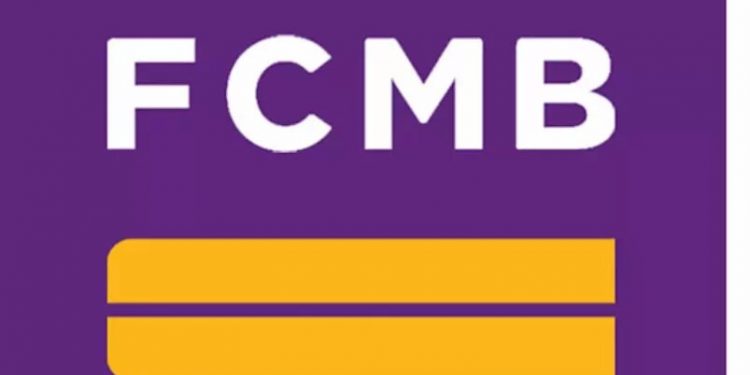At a recent seminar organized by First City Monument Bank (FCMB) titled “Refocusing Nigeria’s Economic Development Through Non-Oil Exports,” stakeholders emphasized the need for urgent and bold actions to transform Nigeria’s non-oil sector into the primary driver of economic growth. The seminar, which is the sixth edition of FCMB’s non-oil export series, focused on strengthening non-oil exports, supporting government diversification efforts, and exploring opportunities for businesses in the global market.
Key Highlights from the Seminar:
1. FCMB’s Commitment to Economic Growth:
– Yemisi Edun, Managing Director of FCMB, highlighted the bank’s role in fostering inclusive and sustainable growth. She noted that by creating a stable operating environment, developing essential export infrastructure, championing international trade diplomacy, and securing sustainable funding, Nigeria can achieve long-term success in its export sector. As of June 2024, FCMB facilitated over $900 million in export flows and $140 million in remittances.
2. Opportunities in the Export Trade Sector:
– Edun pointed out Nigeria’s strong position as a leading grower of cash crops and emphasized the importance of capitalizing on the opportunities presented by the African Continental Free Trade Area (AfCFTA). She reiterated FCMB’s commitment to supporting businesses in the export trade sector despite existing challenges.
3. Support from Key Stakeholders:
– Edun also commended various government bodies, including the Central Bank of Nigeria (CBN), Nigerian Export Promotion Council (NEPC), Nigeria Customs Service (NCS), Nigerian Export-Import Bank (NEXIM), and Nigeria Port Authority (NPA), for their initiatives to boost non-oil exports, ensure forex stability, and support export-oriented companies.
4. Scaling Up Production and Improving Product Quality:
– Nonye Ayeni, CEO of NEPC, stressed the need for Nigerian exporters to scale up production and improve product quality to achieve global competitiveness. She discussed the Council’s “Export 35 Refined” initiative, which provides special support for the top 20 agricultural products with significant revenue potential.
5. Enhancing Export Trade:
– Comptroller General of the Nigeria Customs Service, Adewale Adeniyi, outlined several initiatives implemented by the NCS to enhance export trade. These include the creation of the Lilypond Export Command as a one-stop shop for export cargo, capacity building, system automation, and process improvements. Adeniyi emphasized that non-oil exports are duty- and tax-free in Nigeria, aligning customs procedures with global best practices.
6. Bridging the Non-Oil Export Financing Gap:
– Abubakar Bello, Managing Director of NEXIM, discussed efforts to promote the Regional Sealink Project, which aims to improve trade connectivity through enhanced maritime logistics. Bello called for collaborations with business promoters and financiers to identify and fund viable non-oil projects in manufacturing, agro-processing, solid minerals, and services, noting Nigeria’s vast potential to grow non-oil exports and diversify its export revenues.
The seminar underscored the critical role of collaboration between the private sector, government agencies, and financial institutions in driving the growth of Nigeria’s non-oil export sector. By taking bold actions and leveraging available opportunities, stakeholders believe that Nigeria can transform its non-oil sector into a significant driver of economic growth.










